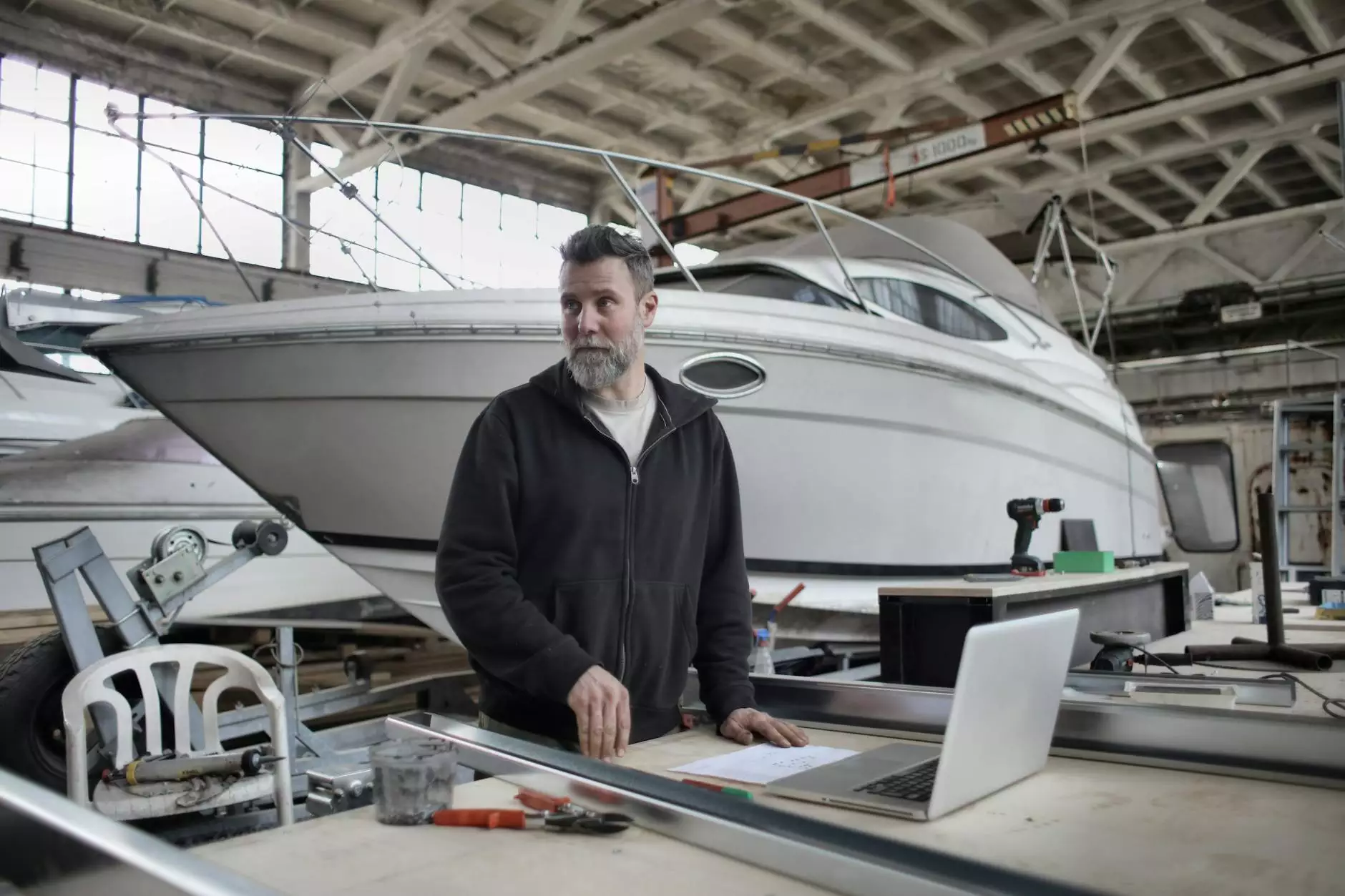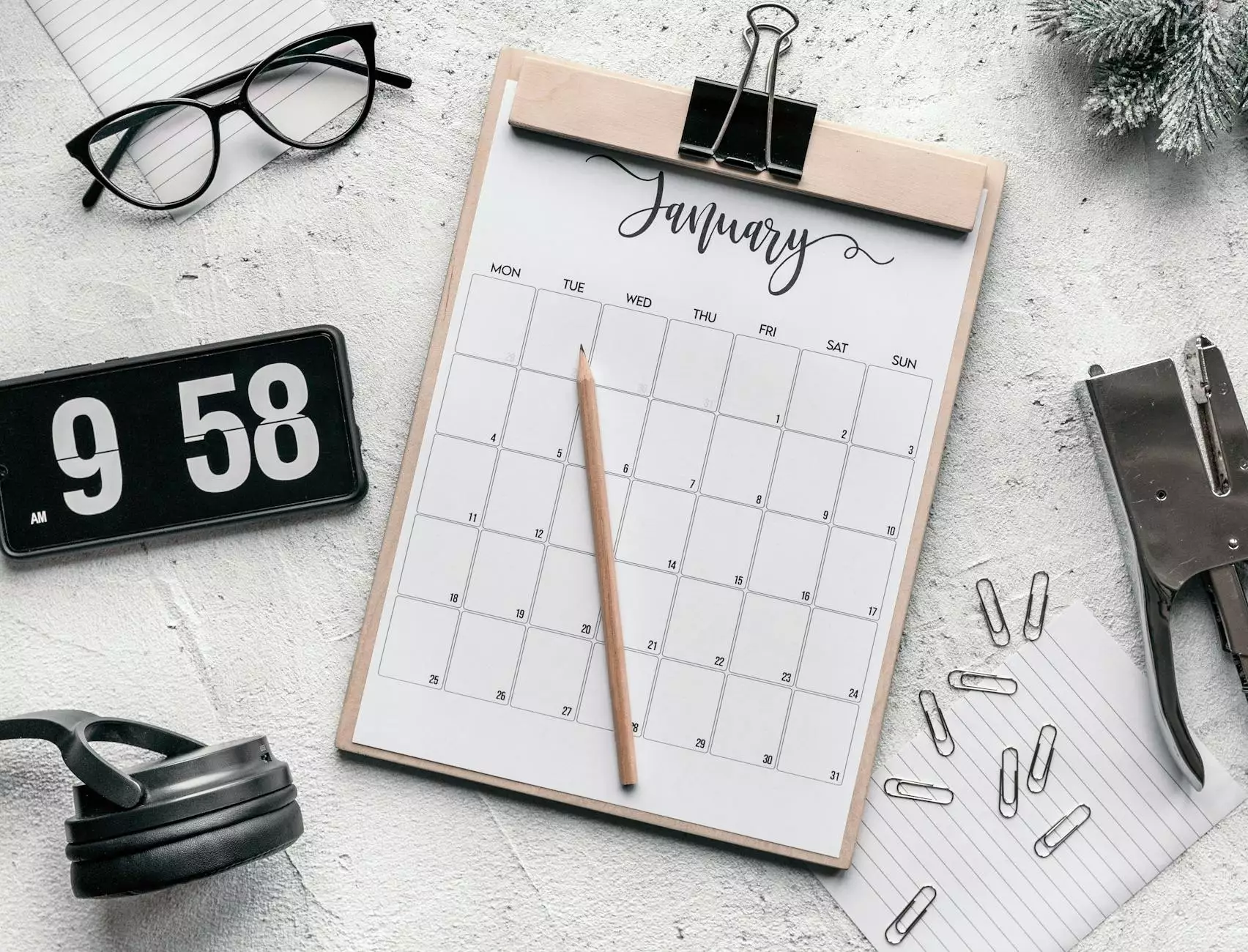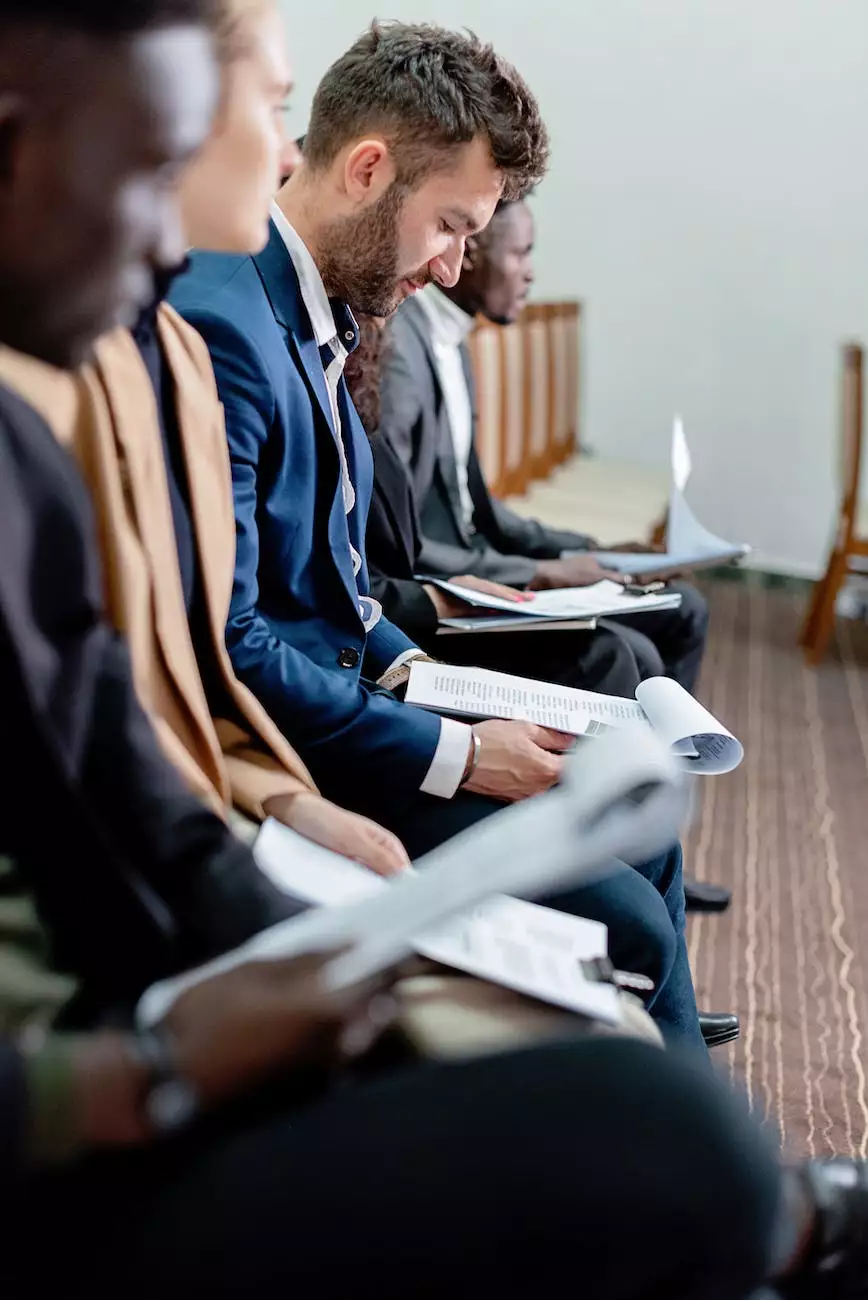The Most Common Causes Of Boating Accidents & Tips

Introduction
Welcome to the comprehensive guide on the most common causes of boating accidents and tips to avoid them, brought to you by Baytowne Reporting. As a leading authority in the legal field, we understand the importance of educating boaters about potential risks and how to stay safe while enjoying their time on the water.
1. Lack of Boating Education
One of the primary causes of boating accidents is the lack of proper boating education. Many individuals underestimate the complexities of operating a boat and fail to acquire the necessary knowledge and skills. Understanding waterway rules, navigation techniques, and safety protocols is crucial to avoiding accidents.
2. Operating Under the Influence
Operating a boat under the influence of alcohol or drugs is not only illegal but also a major contributing factor to boating accidents. Impaired judgment, diminished reaction time, and impaired coordination significantly increase the risk of collisions and other mishaps on the water. It is essential to always designate a sober operator when boating.
3. Speeding and Reckless Behavior
Excessive speed and reckless behavior are common causes of boating accidents. Operating a vessel at high speeds without regard for other boaters, floating debris, or navigational hazards can lead to collisions or individuals being thrown overboard. Boaters must adhere to speed limits and exercise caution to prevent accidents.
4. Inadequate Maintenance and Equipment Failure
Boating accidents can also result from inadequate maintenance and equipment failure. Neglecting routine maintenance, failing to address mechanical issues promptly, or using faulty equipment can lead to accidents on the water. Proper maintenance and regular inspections are essential for ensuring the safety of both the vessel and its occupants.
5. Weather and Environmental Factors
The weather and environmental conditions play a significant role in boating safety. Sudden storms, strong winds, and rough waters can quickly escalate into dangerous situations. It is crucial to stay informed about weather forecasts and be prepared to adjust boating plans accordingly to avoid accidents caused by adverse conditions.
6. Inadequate Safety Equipment
Insufficient safety equipment on board can jeopardize the well-being of boaters. Life jackets, fire extinguishers, distress signals, and navigation lights are just a few examples of essential safety equipment that should be readily available. Failing to have the necessary safety equipment can lead to severe consequences in the event of an accident or emergency.
7. Lack of Situational Awareness
Another common cause of boating accidents is the lack of situational awareness. Failing to observe and understand other vessels, waterway markers, or potential hazards can result in collisions and other accidents. Boaters should always remain vigilant, keep an eye out for other boats, and familiarize themselves with the waterway rules and regulations.
Tips for Avoiding Boating Accidents
Now that we have discussed the common causes of boating accidents, let's explore some essential tips to stay safe on the water:
1. Get Proper Boating Education
Investing in boating education courses can provide you with the knowledge and skills required for safe boating. These courses cover navigation, safety procedures, and the rules of the waterways, ensuring you are well-prepared to handle different situations while boating.
2. Always Boat Sober
Operating a boat while under the influence of alcohol or drugs is never acceptable. Designate a responsible and sober operator to ensure the safety of everyone on board and to prevent accidents caused by impaired judgment or reduced reaction times.
3. Observe Speed Limits and Practice Safe Behavior
Respect speed limits and maintain a safe speed based on the conditions and the presence of other boats, swimmers, or hazards. Avoid reckless behavior such as jumping wakes or weaving through congested areas, as these actions increase the risk of accidents.
4. Regularly Maintain and Inspect Your Boat
Proper maintenance and regular inspections are essential for keeping your boat in a safe operating condition. Check the engine, electrical systems, and safety equipment regularly, and address any issues promptly to prevent equipment failure or malfunctions.
5. Stay Informed About Weather Conditions
Before heading out for a boating trip, check the weather forecast and be aware of any potential storms or adverse conditions. Remember that weather conditions can change rapidly, so monitor the skies and stay prepared to return to shore if the weather deteriorates.
6. Always Carry Sufficient Safety Equipment
Ensure your boat is equipped with all the necessary safety equipment required by local laws. Life jackets, fire extinguishers, flares, and a first aid kit are vital items that can make a significant difference in an emergency. Regularly inspect the equipment to ensure it is in proper working condition.
7. Maintain Situational Awareness at All Times
Stay alert and maintain situational awareness while boating. Keep an eye out for other vessels, swimmers, or potential hazards. Be familiar with navigational markers and observe the designated waterway guidelines to prevent accidents.
Conclusion
By understanding the most common causes of boating accidents and following the provided tips, you can significantly reduce the risk of accidents and ensure a safe and enjoyable boating experience. At Baytowne Reporting, we prioritize your safety and strive to provide valuable information to help you navigate the waters responsibly. Remember, a little prevention goes a long way in ensuring the safety of everyone on board.










